What Is Nexus
Nexus is a next-generation blockchain technology that is rebuilding the internet from the ground up. It is the world’s first quantum-resistant smart contract platform and internet protocol that lets anyone deploy decentralized applications without writing a single line of code.
A key feature that helps Nexus stand out from all other blockchain platforms is its use of signature chains. Simply put, this means all you need to access your NXS wallet is a username, password, and PIN. There is no need to try and remember or save the string of characters, known as a private key, that other crypto wallets require. Instead, SigChain provides auto-key management, allowing you to share your “address” with the simplicity of giving your SigChain name to easily receive crypto assets.
Nexus also has no transaction fees for basic transactions and will confirm transactions in a few seconds. The Nexus API allows developers, whether they are expert coders or brand new, to easily develop DApps on top of the Nexus blockchain. Just like on the other big-name smart contract platforms out there, NFTs, both mutable and immutable, can be minted on Nexus. Referred to as assets, these can be used for anything from creative works to real estate deeds, allowing you to easily transfer ownership from one person to another.
Nexus — Rebuilding the Internet
Imagine a scalable, quantum-resistant blockchain securing an uncensorable and free internet through a hack-resistant Operating System called LX-OS, virtualizing access to your desktop and digital content from any computer in the world. Nexus is bringing this possibility to life with an end-to-end decentralized platform designed to empower every human being with the technology needed to reclaim their digital identity.
Nexus is also currently working on developing a completely decentralized infrastructure that makes use of mesh networks and cube micro-satellites to power this new decentralized internet. By providing incentives, like receiving rewards for having a stake in the infrastructure itself, Nexus will utilize the “Metcalfe’s Law” of adoption to encourage network strength and growth.
How Nexus Compares With Other Smart Contract Platforms
While Nexus may not be as well-known as Ethereum, Solana, Polkadot, Cardano, and Cosmos, it possesses several advantages over these popular smart contract platforms.
Automated Key Management – Only Nexus provides this. A signature chain generates one-time-use private keys that are derived from your Nexus wallet credentials (Username, Password, and PIN). This means you no longer need to back up or manage a “wallet.dat” file for key storage, or use a plug-in such as Metamask.
Quantum-Resistant — Signature Chains enhance the security of existing DSA (Digital Signature Algorithm) by publishing only the public key’s hash until the key is used, while deterministically generating a new key once the old key is used. This results in high levels of security, as the attack window to brute force a private key is reduced to 500 ms. Signature Chains utilize the following cryptographic functions: FALCON (a second round contender for the NIST Post-Quantum cryptography competition), Argon2 (winner of the password hashing competition, and a superior alternative to S-Crypt or B-Crypt), and Keccak (winner of the SHA3 competition).
Scalability Solution — Nexus has an on-chain solution that actually solves the so-called “blockchain trilemma'' and calls it the Three-Dimensional Chain (3DC). Cosmos and Solana also have on-chain solutions for scalability (Sealevel Parallelism for Solana and Interchain Parallelism for Cosmos), while Ethereum, Cardano, and Polkadot rely on off-chain solutions.
Database — Nexus has developed its own database called the Lower Level Database (LLD). It is a fast and modular storage engine that is capable of outperforming most of the current embedded database engines that exist. Tests have shown an average of 0.33 seconds per 100,000 writes and reads to disk, making it faster than Google’s LevelDB, which is what Ethereum and Cosmos use. Cardano is sticking with PostgreSQL while Polkadot uses Facebook’s RocksDB and Solana uses Cloudbreak. Currently, Nexus’ LLD appears to outperform them all.
Distributed File System – So far, it looks like none of the five other blockchains have an integrated distributed file system. The file system will integrate into the LX-OS. The 3DC is designed to perform data and network sharding where each hash is addressable. You will be able to type a txid into a web browser to open a connection to a hash, which points to the group of nodes that hold a particular piece of data. Benefits will include privacy and censorship-resistance, allowing groups of people to form private file system networks. Ethereum uses IPFS and Solana uses Archivers, while Cardano, Polkadot, and Cosmos don’t have or use any DFS as of now.
Transaction Fee — Nexus transactions are completely free. There’s only a 0.01 NXS ($0.0084 at the time of writing this) per contract fee applied to a contract generated within 10 seconds of the last transaction to prevent spam attacks. When Tritium++, a major upgrade coming to Nexus within the next month or two is released, genuine transactions will be easily identified and allowed to go through with greater speed and frequency. Ethereum's transaction costs are notoriously high, while Polkadot tx fees are low but still pretty costly, and Cardano, Cosmos, and Solana have low, but not free, transactions.
Where and How to Buy NXS
The easiest way to buy NXS is to use the InstaSwap non-custodial cryptocurrency exchange aggregator here, where you can swap fiat or Bitcoin for NXS. You can also buy NXS on Bittrex and Binance with BTC.Learn More
This is just a brief summary of what Nexus is and does, but if you want to take a deeper dive, you can read this extensive beginner’s guide to Nexus or visit their website.
EDIT: I should also add that the Nexus Protocol has been in development for around 5 years with the help of a few Cisco engineers. Also, here's some more info on the architecture of the Nexus blockchain that elaborates on its seven-layer software stack.
Also, you can create Dapps on Nexus using the no-code Bubble plugin without needing to know anything about code, which is a really neat feature I haven't seen on other smart contract platforms.
[link] [comments]

You can get bonuses upto $100 FREE BONUS when you:
💰 Install these recommended apps:
💲 SocialGood - 100% Crypto Back on Everyday Shopping
💲 xPortal - The DeFi For The Next Billion
💲 CryptoTab Browser - Lightweight, fast, and ready to mine!
💰 Register on these recommended exchanges:
🟡 Binance🟡 Bitfinex🟡 Bitmart🟡 Bittrex🟡 Bitget
🟡 CoinEx🟡 Crypto.com🟡 Gate.io🟡 Huobi🟡 Kucoin.

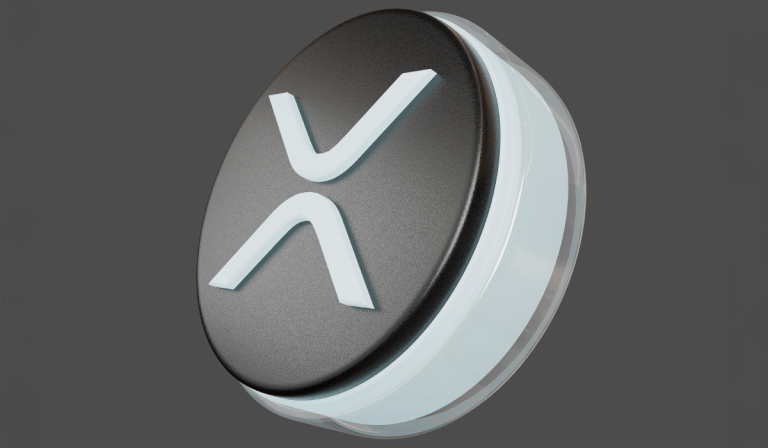

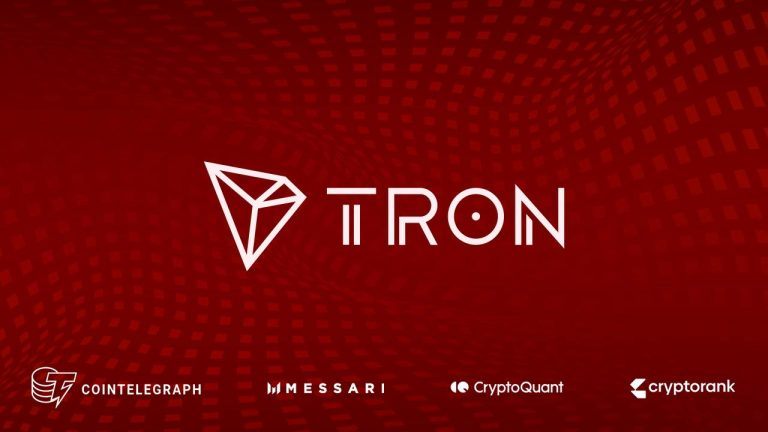


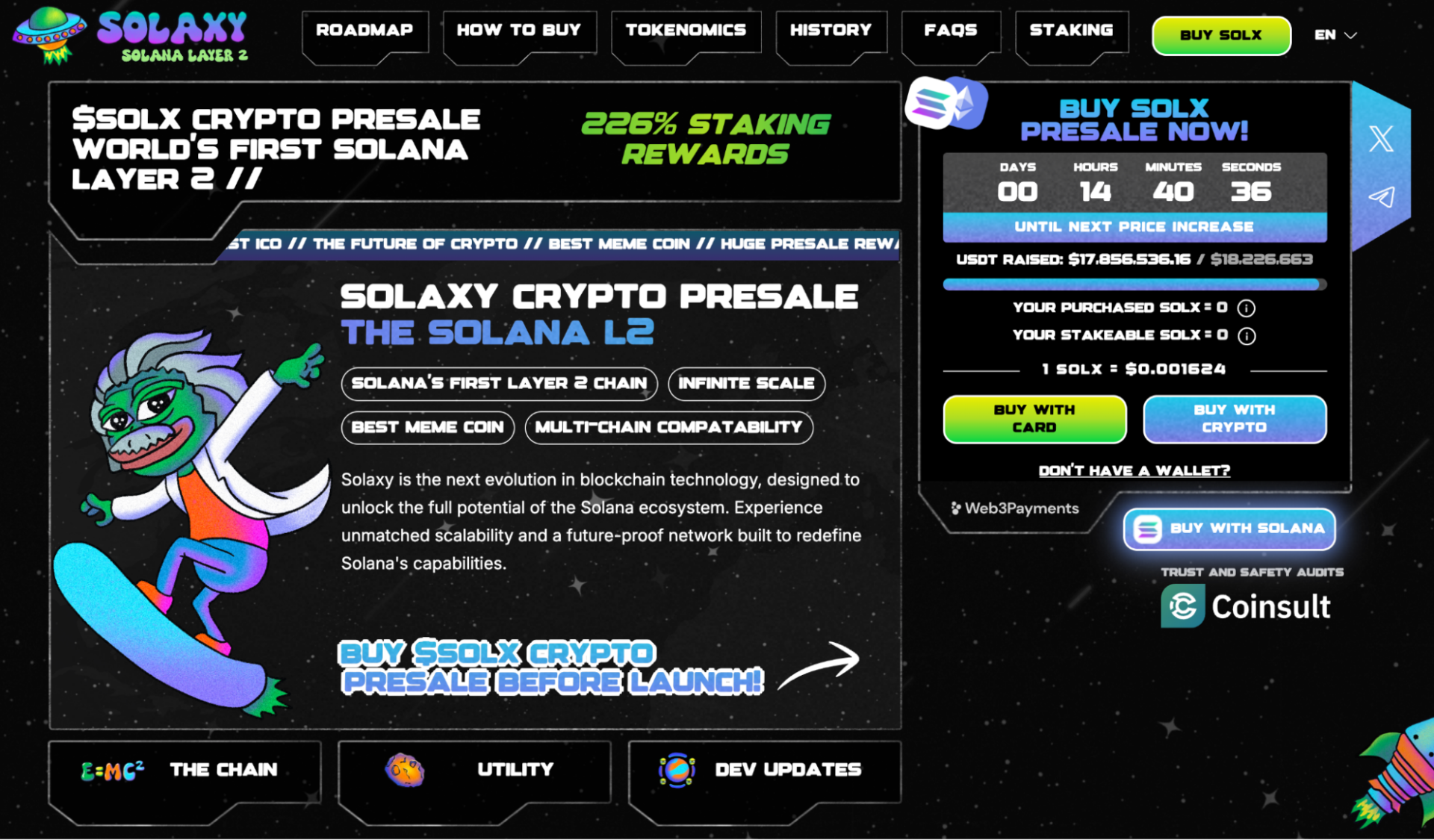







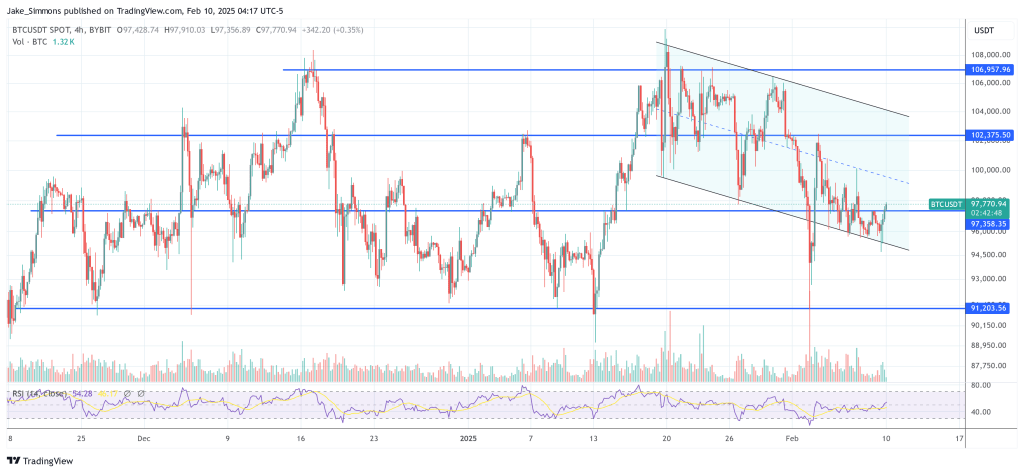



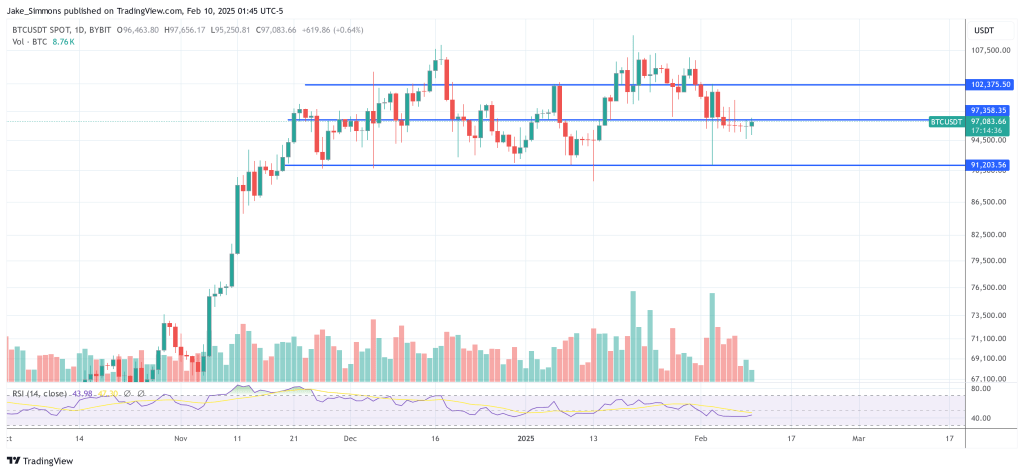

Comments